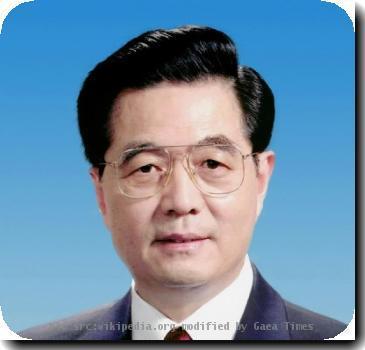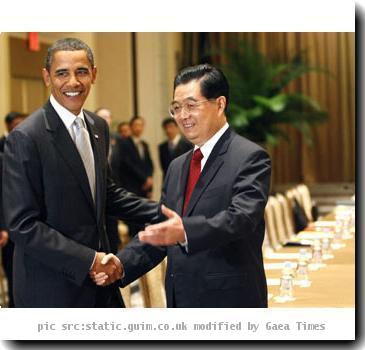China appoints former soldier as new governor in restive Tibet
By Christopher Bodeen, APFriday, January 15, 2010
China appoints new governor in restive Tibet
BEIJING — China has appointed a former soldier as the new governor of restive Tibet, reasserting hardline policies toward the Himalayan region which two years ago witnessed the largest uprising against Chinese rule in decades.
Padma Choling, who served 17 years in the People’s Liberation Army, took over the largely ceremonial post on Friday, making him the most senior ethnic Tibetan in the regional government.
His predecessor, university educated engineer Qiangba Puncog, was appointed head of the regional legislature, whose former chairman, Legqog, also stepped down upon passing the mandatory retirement age of 65.
The changes aren’t expected to affect policy in Tibet because actual power in the region is wielded by the head of its Communist Party committee, whose current chief, Zhang Qingli, has strictly enforced tight controls over political and social organizations, freedom of speech and administration of Buddhist monasteries.
Tibet policy is formulated at the highest levels of China’s central government under president and Communist Party leader Hu Jintao — who served as Tibet’s party boss from 1988 to 1992.
Like all of Tibet’s previous party chiefs, Zhang — who cut his teeth battling Islamic militancy in the turbulent far western region of Xinjiang — is a member of China’s dominant Han ethnic group. Padma Choling and Qiangba Puncog, a university-educated engineer, are native Tibetans, whose language and esoteric Buddhist culture are distinct from those of the Han.
Beijing, which sent troops to occupy Tibet following the 1949 communist revolution, insists Tibet has been part of Chinese territory for centuries, a claim disputed by many Tibetans.
Resentment over political restrictions and perceived economic exploitation bubbled over into the deadly March 2008 riots, in which Chinese-owned shops and government offices were attacked in Tibet’s capital, Lhasa, and other traditionally Tibetan regions of western China.
The government says at least 22 people were killed in Lhasa. Tibetan rights groups say nearly 140 Tibetans died in the violence, including 19 in neighboring Gansu province.
The region was sealed off for months after the violence while thousands of troops and police were deployed to contain the unrest. The Tibetan violence was echoed last summer in neighboring Xinjiang, where members of the native Uighur population slaughtered Han migrants in the streets of the regional capital, Urumqi.
In the wake of the Tibet protests, Beijing has redoubled its drive to develop the regional economy while countering enduring support for the Dalai Lama, the region’s traditional Buddhist leader who fled into exile in India in 1959 following an abortive uprising against Chinese rule.
Those goals were reasserted in a Jan. 8 meeting of the Communist Party’s ruling Politburo that called on party cadres to push for “transformational development.”
The renewed hardline approach has disappointed some foreign governments and overseas rights groups, who have called on Beijing to loosen political restrictions and engage in meaningful dialogue with the Dalai Lama.
“There is no evidence that these resignations are linked to any soul-searching in Beijing on Tibet,” said Kate Saunders, communications director for the International Campaign for Tibet.
Other observers noted that Padma Choling, whose name is also rendered in English as Baima Chilin, is the first military man appointed Tibet governor in three decades. The new governor has been quoted in the past by Chinese media as denouncing alleged separatists allied with the Dalai Lama, who Beijing blames for fomenting the 2008 riots.

